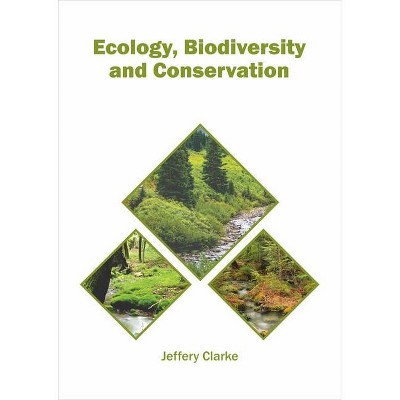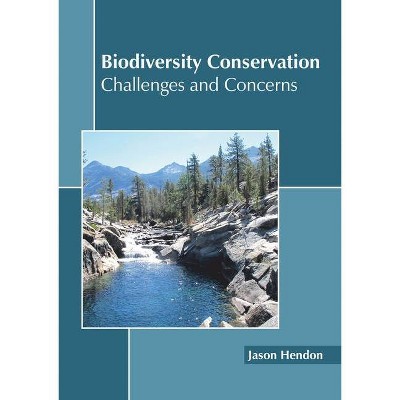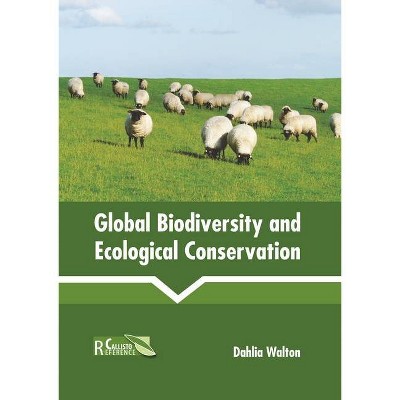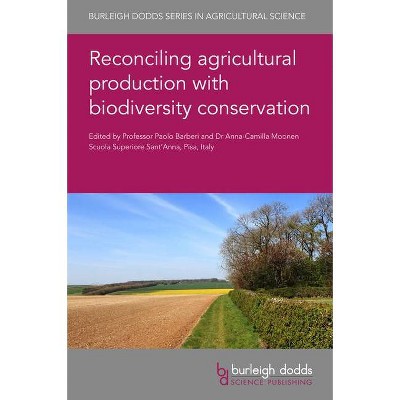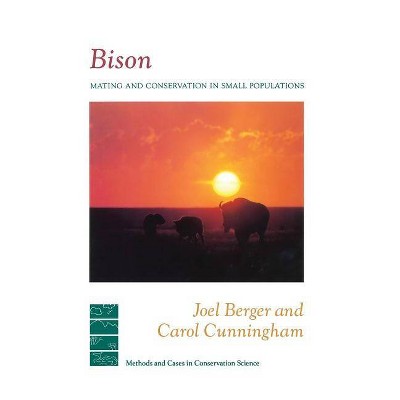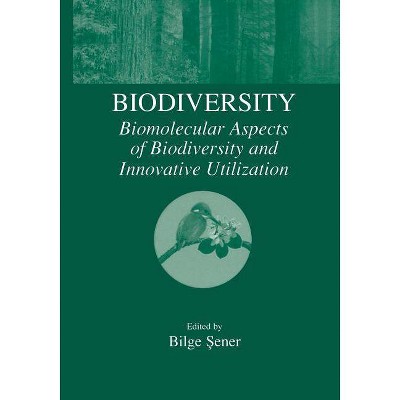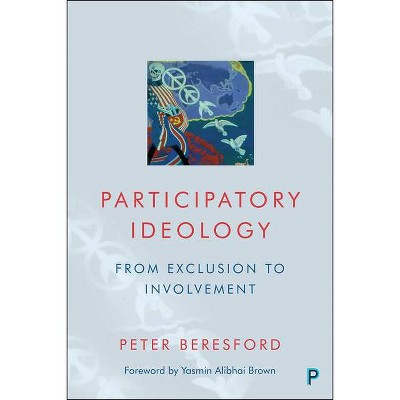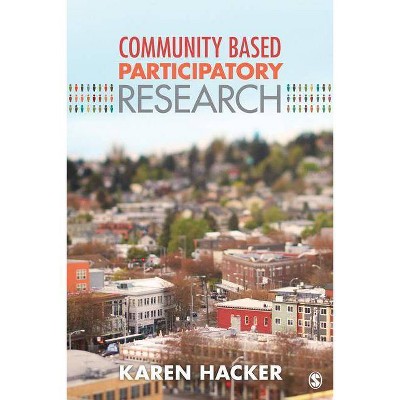Participatory Biodiversity Conservation - by Cristina Baldauf (Paperback)
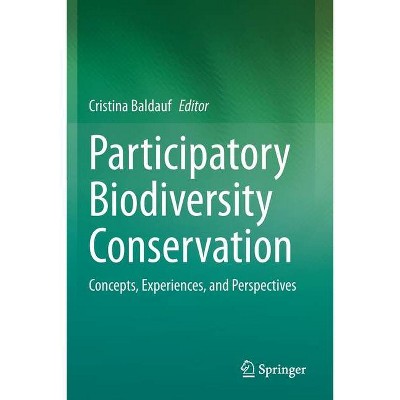
Similar Products
Products of same category from the store
AllProduct info
<p/><br></br><p><b> Book Synopsis </b></p></br></br>1. Concepts and evolving perspectives on biodiversity conservation2. Domesticated Nature: The culturally constructed niche of humanity3. The right to food? Protected areas, conservation and access4. The role of local perceptions in environmental diagnosis5. People and nature conservation: Participatory praxis in natural protected areas planning and management6. Policy trends in the recognition of indigenous and local knowledge in Amazonia7. Community-based management of Amazonian biodiversity assets8. Mariculture of macroalgae as a social and environmental alternative in traditional communities located in the semi-arid coastal region of northeastern Brazil9. Challenges for rural livelihoods, participatory agroforestry and biodiversity conservation in a neotropical Mexican MAB reserve10. Participatory monitoring of natural commons in Brazil: Lessons from the literature and the field11. Productive restoration as a tool for socio-ecological landscape conservation: The case of "La Montaña" in Guerrero, Mexico12. ATBC's conservation activities around the world: How effective have our declarations and resolutions been in driving policy change and management responses?13. Avoiding deforestation policies: A socio-political approach14. Participatory biodiversity conservation: What prospects?<p/><br></br><p><b> From the Back Cover </b></p></br></br><p>It has long been claimed that addressing biodiversity loss and other environmental problems demands a better understanding of the social dimensions of conservation; nevertheless, the active participation of indigenous peoples and local communities (IPLCs) in conservation initiatives is still a challenging and somehow controversial issue. In this context, this book hopes to give voice to other perspectives related to biodiversity conservation beyond the "fortress conservation" model and emphasize one of the pillars of democracy - popular participation. It covers a wide range of environments and issues of special significance to the topic, such as the expansion of culturally constructed niches, protected areas and food security, community-based management, participatory agroforestry, productive restoration and biocultural conservation. The contents also explore the limitations and shortcomings of participatory practices in protected areas, the relationship between the global crisis of democracy and the decline of biocultural diversity, as well as present current discussions on policy frameworks and governance systems for effective participatory biodiversity conservation. In sum, this book provides a comprehensive and realistic perspective on the social dimensions of conservation based on a series of interrelated themes in participatory biodiversity conservation. The connections between biocultural conservation and the current political and economic environment are highlighted through the chapters and the book closes with a debate on ways to reconcile human welfare, environmental justice and biodiversity conservation.</p><p/><br></br><p><b> About the Author </b></p></br></br><p><b>Cristina Baldauf </b>has a BSc from Universidade Federal do Rio Grande do Sul, MSc from Universidade Federal de Santa Catarina, and PhD from Universidade Estadual de Campinas. Currently, she is Associate Professor at Universidade Federal Rural do Semi-árido in Brazil, where she leads the Ethnoecology and Biodiversity Laboratory. Her research explores the relationship between traditional/local livelihoods and conservation using interdisciplinary approaches. She has an extensive experience in projects related to participatory biodiversity conservation in distinct regions and biomes.</p>
Price History
Cheapest price in the interval: 109.99 on February 5, 2022
Most expensive price in the interval: 119.99 on December 17, 2021
Price Archive shows prices from various stores, lets you see history and find the cheapest. There is no actual sale on the website. For all support, inquiry and suggestion messages communication@pricearchive.us
